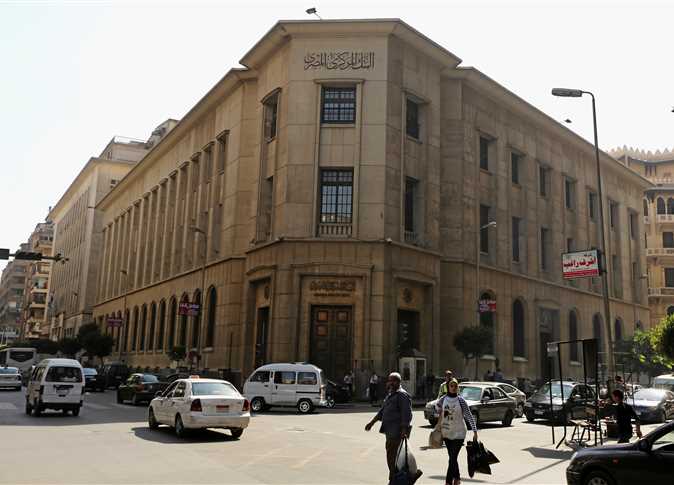Lost in the reports about the Obama administration’s announcement of "limited contacts" with the Muslim Brotherhood in June was any news of an important meeting at the same time with another group of influential Egyptians: young businessmen.
The US Agency for Trade and Development (USTDA) hosted a two-day forum (27-28 June) in Washington called "Egypt: Forward" where Egyptian businesspeople from the private and public sectors had an opportunity to connect with their US counterparts and tour various cities to meet with company leaders to discuss work possibilities in Egypt. The event was organized in collaboration with the US-Egypt Business Council, the US Chamber of Commerce, the Egyptian Embassy, and the US Departments of State and Commerce.
What was perhaps most noteworthy about the forum was that the invitees belonged to a different generation of businessmen than the one we've become used to in Egypt — to the great interest of the White House, US State Department, and major US companies and banks. The sense I get from my discussions with colleagues in the business community is that the US administration has realized as of late that the fall of Mubarak’s regime also took down a group of powerful businessmen associated with it. The businessmen that Americans had developed close relations with, especially since the mid-nineties, and who dominated most US-Egyptian business dialogues were no longer within the circles of power. Instead, key business icons of the Mubarak era were now behind bars.
Many in the American business community and the government have recognized the need to compensate for this loss by establishing good relations with a new generation of entrepreneurs who promise to be business leaders in the future. They know very well that this generation will be different than the Mubarak-era crony capitalists who used their positions of political power to accumulate mass fortunes. The Egyptian businessmen of 2011 are not loyalists to Gamal Mubarak, the son of the ousted president, or Safwat al-Sherif, a former Mubarak aide. Most of them were never members of the the NDP's influential Policy Secretariat or any other political party. Egypt's new business elites will likely be more independent from ruling political powers and will have a sophisticated understanding of the American business world and what they can give as well as take from it.
It seem that some business leaders and politicians in the US are eager to get to know a young generation of Egyptian businesspeople that will provide employment in the coming period for millions of Egyptian youth working in the private sector. These youth will constitute a large consumer base and even have potential to become an important voter bloc — perhaps even exceeding the numbers Muslim Brotherhood supporters and government employees who were a traditional source of support for the former ruling party.
Although the implications of this dialogue are still unclear, it's worth keeping an eye on.
Translated and abridged from the Arabic Edition




